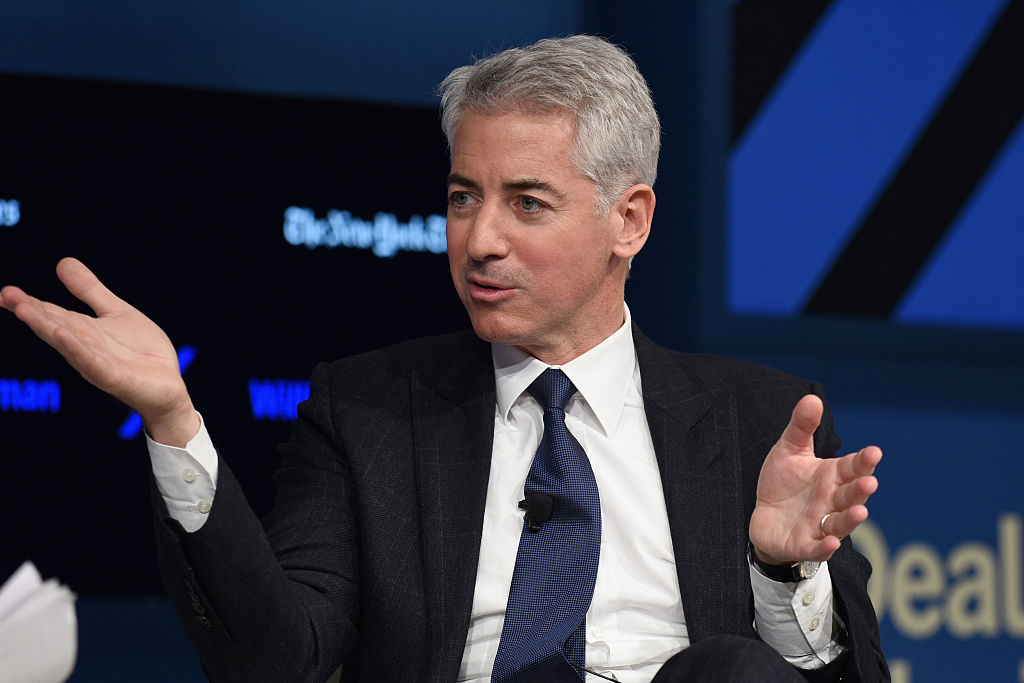
Warren Buffett’s Berkshire Hathaway (BRK.A) is one of the most important companies in the world today, managing more than $1 trillion in investments across industries. Few know that the investing powerhouse was a struggling textile company before Buffett acquired it in 1962. Buffett, then a hedge fund manager, saw value in Berkshire Hathaway in the late 1950s despite the fact that it was closing plants and laying off workers. He bought up majority shares, provided much-needed capital, and slowly turned it into a diversified holding company.
Fast forward half a century, Bill Ackman, the billionaire hedge fund manager behind Pershing Square Capital Management, is looking to replicate Buffett’s success by creating a “modern-day Berkshire Hathaway.” He is offering $900 million to buy shares in a Texas-based real estate firm called Howard Hughes Holdings, which builds large-scale residential neighborhoods known as master-planned communities (MPC). A titan in its space, Howard Hughes has a market cap of $3.6 billion.
“It’s a lot better than a dying textile company,” Ackman said in an X post yesterday (Feb. 18). “Owning small and growing MPCs [master-planned communities] that will eventually become large cities in the best pro-business markets in the country is a great long-term business.”
Ackman has long been a student of Warren Buffett, saying he was inspired to become an investor at 24 years old after reading a Berkshire Hathaway shareholder letter.
Pershing Square is offering to purchase 10,000,000 newly issued common shares of Howard Hughes for $90 per share, as per a company press release. Pershing Square already owns 31 percent of the company. Ackman served as chairman of Howard Hughes from 2010 to April of last year.
With Howard Hughes, Ackman said in plans to “adopt similar, long-term, shareholder-oriented principles to Berkshire” and “intend to hold the stock forever.”
Buffett’s genius in purchasing a dying textile company is that it was still generating strong cash flows, which Buffett redirected to buying companies he felt had strong long-term growth prospects. Unlike Berkshire Hathaway, which doesn’t own any textile businesses anymore, Ackman said Howard Hughes will continue developing MPCs in Texas. But he also plans to use the company’s real estate portfolio to direct steady cash flows towards strong, long-term investments.
<
